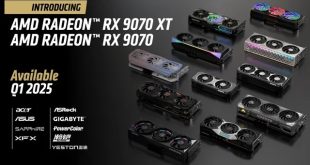Typically, laptop batteries only last a handful of hours before needing a recharge. With that painful truth in mind, Andreas Eriksen set out to build their own laptop, the PotatoP, which can apparently last for up to two years on a single charge thanks to handpicked components to maximise battery life.
Frustrated with his personal laptop's battery life, Andreas Eriksen (via Tom's Hardware) decided to create a device that would last years without charging. Using a 12,000mAh battery and an Aemlion by Jasper Sikken solar charger, Eriksen's PotatoP can last for up to 2 years with a single charge. Still, the creator wants to push it further, as he hopes to make it powered solely by ambient light, theoretically allowing the device to run without ever being charged again.
This laptop-like device may not be able to run any modern application, but it still meets the minimum requirements for some basic programming. As such, PotatoP runs a Lisp environment (uLisp) and uses a keyboard (Happy Hacking Keyboard Lite 2) for typing.
Currently, it has a 4.4-inch 320×240 resolution display, but something bigger is in the plans. For computing, there's an Ambiq Apollo3 SoC, which features an Arm Cortex-M4F running at up to 96MHz, 384KB of RAM and 1MB flash memory. This SoC is on a SparkFun RedBoard Artemis ATP developer board.
Discuss on our Facebook page, HERE.
KitGuru says: Without a ground-breaking discovery or invention in the field of energy, it's hard to believe we'll see a laptop's battery last for 2 years without charging. Still, as Andreas Eriksen shows, it's possible to do it on other types of devices with proper planning.
 KitGuru KitGuru.net – Tech News | Hardware News | Hardware Reviews | IOS | Mobile | Gaming | Graphics Cards
KitGuru KitGuru.net – Tech News | Hardware News | Hardware Reviews | IOS | Mobile | Gaming | Graphics Cards

